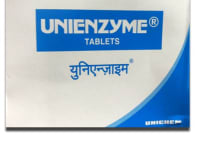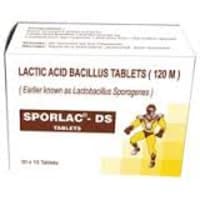
No interaction found

PROBABLY SAFE
Acnesol 1% Solution is probably safe to use during pregnancy.Animal studies have shown low or no adverse effect on the foetus, however, there are limited human studies. Please consult your doctor.

Acnesol 1% Solution is probably safe to use during lactation. Limited human data suggests that the drug does not represent a significant risk to the baby.

SAFE
Acnesol 1% Solution does not usually affect your ability to drive.

Acnesol 1% Solution is probably safe to use in patients with kidney disease. Limited data available suggests that dose adjustment of Acnesol 1% Solution may not be needed in these patients. Please consult your doctor.

There is limited information available on the use of Acnesol 1% Solution in patients with liver disease. Please consult your doctor.
Uses of Acnesol Solution
Acnesol 1% Solution is used in the treatment of acne.
How to use Acnesol Solution
Use this medicine in the dose and duration as advised by your doctor. Check the label for directions before use.
How Acnesol Solution works
Acnesol 1% Solution is an antibiotic. It stops bacterial growth by inhibiting synthesis of essential proteins, which are required by bacteria to carry out vital functions.
Expert advice for Acnesol Solution
Discontinue use of topical clindamycin and contact your doctor immediately, if you experience diarrhea or bloody diarrhea.
Avoid vaginal intercourse or use of other intravaginal products such as tampons or douches while using clindamycin cream.
Clindamycin cream contains mineral oil that may weaken latex products (condoms and diaphragms) and may not provide adequate birth control. Therefore, do not use these products within 72 hours of using clindamycin cream.
Avoid direct contact of cream with your eyes. In case of direct contact, wash your eyes with water and seek immediate medical attention.
Tell your doctor if you are or planning to become pregnant or are breastfeeding.
Do not use if you are allergic to clindamycin, lincomycin or any of its ingredients.
Do not use if you have Crohn’s disease (a chronic inflammatory disease of the intestines), antibiotic-associated colitis (colon inflammation).
Q. Can I use clindamycin with a penicillin allergy?
Clindamycin is considered safe for use in patients with a penicillin allergy
Q. Does clindamycin treat acne scars?
Clindamycin can prevent the formation of new scars by preventing formation of new acne, but will not be useful for the scars already formed
Q. Can clindamycin cream cause thrush?
Yes. Use of clindamycin cream may cause thrush (a type of fungal or yeast infection) in rare cases.


 Acnesol 1% Solution
Acnesol 1% Solution  Bookmark
Bookmark





















